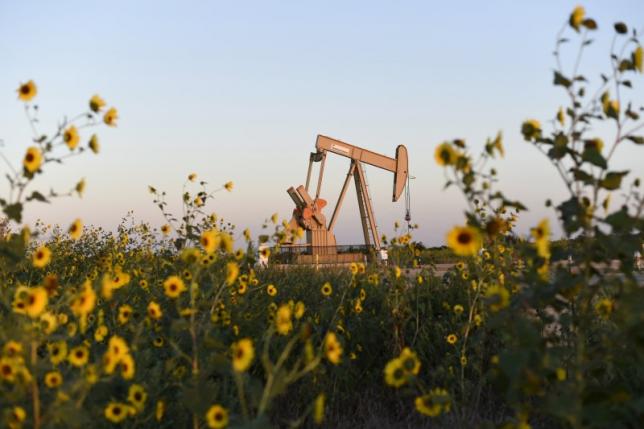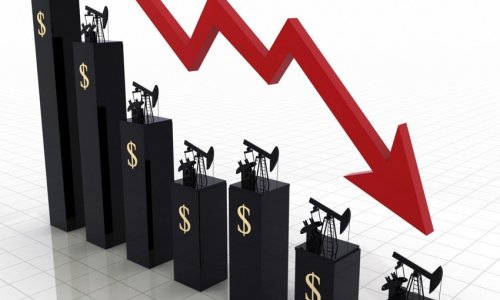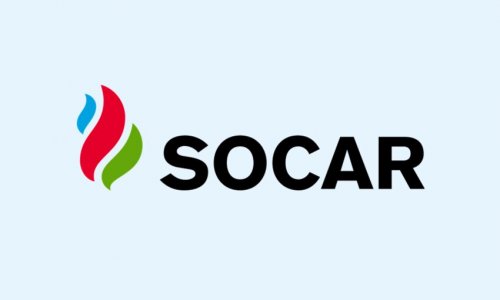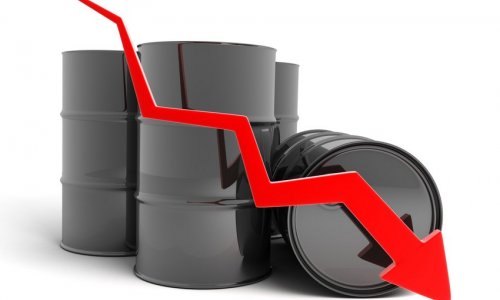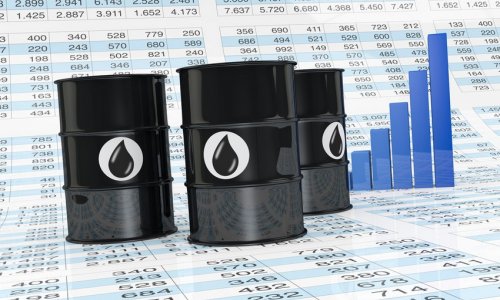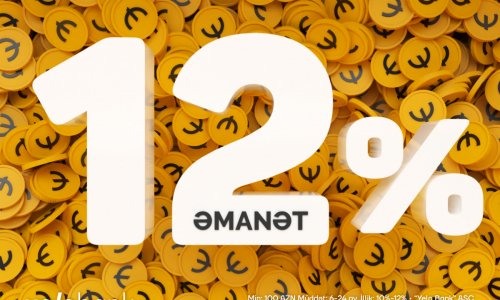Crude oil prices fell in early trading on Friday as a looming rise in Middle East output may drag on the stronger markets seen in April, although falling U.S. production and a weakening dollar are still offering support.
International benchmark Brent crude futures LCOc1 were trading at $47.92 per barrel at 0236 GMT, down 22 cents from their last close.
U.S. West Texas Intermediate (WTI) crude futures CLc1 were down 18 cents at 45.85 a barrel.
Both contracts remained near 2016 highs of $48.19 and $46.14 per barrel respectively, and WTI's smaller fall was a result of declining U.S. crude output, traders said.
Despite Friday's dips, Brent and WTI are up almost a third from April troughs and are over 75 percent above their 2016 lows, lifted by falling output and a weaker dollar, which has fallen almost 6 percent against a basket of other leading currencies .DXY this year.
But Deutsche Bank said that a looming rise in production by members of the Organization of the Petroleum Exporting Countries (OPEC) - with climbing Iranian output and following outages in Iraq, Nigeria and the United Arab Emirates - could cap recent oil price rises.
"A sustainable rise in OPEC production may be just around the corner, and ... the rally may pause," the bank said in a note to clients.
"Maintenance in the UAE at fields ... is scheduled to end in April, implying a rise from current production of 2.73 million barrels per day (bpd) to the previous 2.91 million bpd production rate in May," Deutsche said.
For 2017, the bank said it expected to be around 33.1 million bpd, "with upside risks originating from Libya and Saudi Arabia, and downside risks from unplanned outages and spending cuts in Iraq".
One of the main repercussions of the global oil price rout between 2014 and early 2016 has been a deep economic crisis in crude export-reliant Venezuela, where political risk consultancy Eurasia Group said the government faces default as the state runs out of cash to keep the oil pumps running.
"The government needs to invest about $15 billion per year to maintain current production (2.4 million bpd), and mounting problems will probably lead to a decline of 100,000–150,000 bpd this year," Eurasia Group said.
"Barring a meaningful recovery in oil prices or fresh loans from China in the second half of the year, scarce foreign exchange will probably force the state to default later this year, most likely in the fourth quarter," it added.
(reuters.com)
www.ann.az
Follow us !

